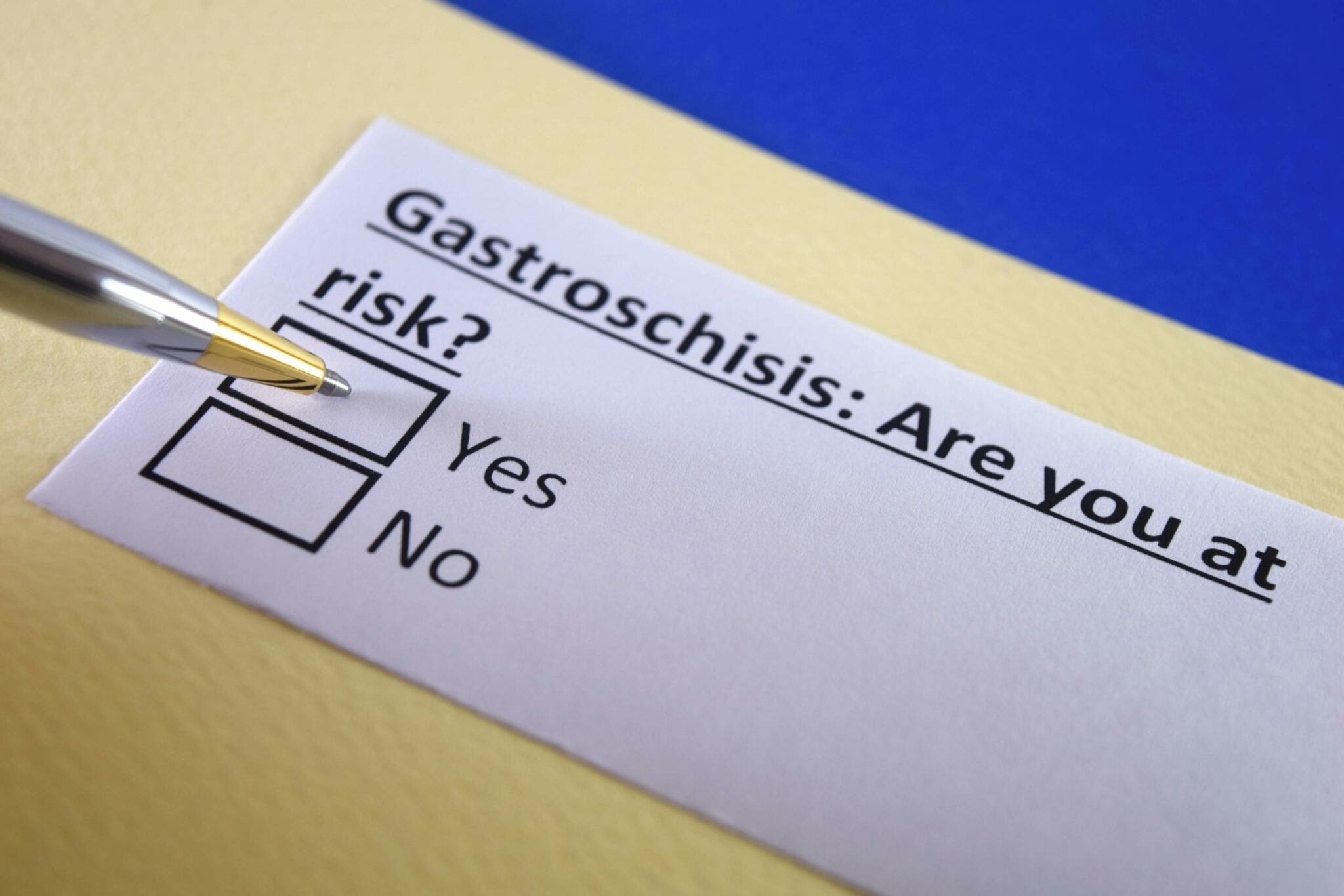Baby Development: Your 1 Week Old


Congratulations!
If you are like most new parents, you will be in the middle of a whirlwind of new experiences and emotions right now, just days after the arrival of your new baby.
It’s not uncommon for new parents to feel a range of emotions – anxiety, excitement, confusion and everything in between! There can seem to be an endless list of things to worry about, from your own recovery to all those questions you have on caring for a newborn; not to mention how to handle the inevitable influx of visitors, desperate to meet the new arrival.
Try not to worry; Bundoo and Nabta are here to help. Whilst it is impossible to cover everything you need to know about your newborn in one article, we’ve compiled a list of the most common questions and their answers for parents and their babies.
Recovering from giving birth
It goes without saying that no two babies are the same; but the same is also true of their birth. Even the same mother can have two vastly different births, depending on so many variables; and therefore, the questions and concerns you have will probably be unique to you. Whether your baby’s arrival happened exactly according to your birth plan, or circumstances changed during labour and you had to make last minute adjustments; you will likely have many questions; perhaps focusing initially on your own recovery:
- How long will it take to recover from a tear or episiotomy? A caesarean section?
- What are some postpartum red flags that I should watch out for?
- How do I choose a doctor for my baby?
- Should we circumcise our boy?
- What kind of nappies are the best?
- Will my baby be safe around my dog? What about my cat?
- When is it safe to have intercourse again (or will I ever want to again)?
- Why is my baby jaundiced?
- Why is my baby’s head shaped like that?
- How do I care for the umbilical cord?
Make a list of any questions you have and ask your doctor, midwife or health visitor when you next see them.
Don’t neglect your own recovery
With so much going on, it can be tempting to overdo it in the early days after delivery. However, remember that whether you had a vaginal birth or a caesarean section, birth is a challenging process for your body, and it will need time to recover. If anything seems amiss and your recovery is not going as you would expect, talk to your doctor or midwife.
You should also remember that your hormones may still not be back to their pre-pregnancy normal levels. Throughout pregnancy, your hormone levels fluctuated constantly, causing all sorts of side effects. Now that your baby has been born, your hormone levels will start to drop rapidly. This can result in a new set of hormone-related symptoms, including night sweats, mood swings, and feelings of sadness.
Some of this is normal; the ‘baby blues’ typically start within a few days of birth and last for a week or two. Feeling emotional, teary and tired during this time is entirely normal. However, if the feelings are more intense, or last beyond the first few weeks of giving birth, you should think about consulting your doctor. Strong feelings of despair, anxiety, or anger, an unwillingness to eat, or interact with your new baby and general lethargy, can be a sign of postnatal depression (PND). The good news is that with support and help, PND can be managed.
During these first few days, make sure you are getting sleep (accept that your regular sleeping patterns may be disrupted for the foreseeable future, but do rest when you can), eating enough, and overall, being gentle with yourself. These first few days are part of the incredible bonding process that began the moment your baby was born. To ensure that this early bond is strong, make sure you get the support you need to stay happy and (relatively) rested during the early weeks of recovery.
Feeding your baby
Many new mothers find the concept of feeding their baby a significant source of anxiety. In fact, it is something that many women worry about from the early days of their pregnancy. We have all heard the phrase “breast is best”, and the World Health Organisation does recommend exclusive breastfeeding for the first six months, wherever possible. Research has shown that breastfeeding has significant benefits for both mother and baby. However, not all women find it easy and you might have a lot of questions in the early days post-delivery.
Fortunately, there are a lot of resources to help support new mothers. If you are struggling, or have questions about breastfeeding, your obstetrician or midwife should be able to refer you to a lactation consultant. These are professionally trained health workers that specialise in helping mothers with all aspects of breastfeeding. If it does seem particularly challenging, remember that both you and your baby are learning a new skill, so like riding a bike, it is probably going to take practice!
Despite all of this, some mothers will not be able to breastfeed, or will simply choose not to. This is fine and the baby formulas that are available will provide everything your baby needs to thrive. If you still hope to get some of the benefits of breast milk, you might want to consider combination feeding, where you supplement breast milk with formula, or using donated breast milk.
However, you can try Nabta’s mother and baby pack and also consider the at home lactation consultation incase of any question on breastfeeding.
Initially written by Bundoo Pediatrician, Dr. Sara Connolly.
Powered by Bundoo®












































